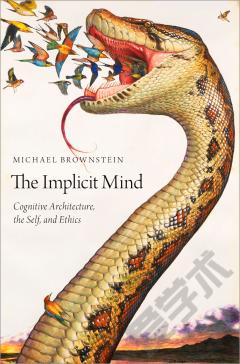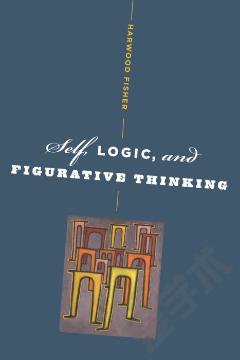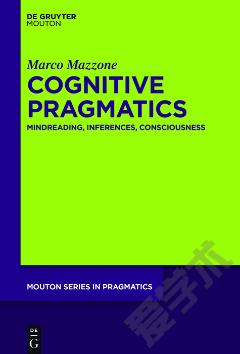The Implicit Mind —— Cognitive Architecture, the Self, and Ethics
----- 内隐心智:认知建筑,自我和伦理
The central contention of The Implicit Mind is that understanding the two faces of spontaneity-its virtues and vices-requires understanding the "implicit mind." In turn, Michael Brownstein maintains that understanding the implicit mind requires the consideration of three sets of questions. First, what are implicit mental states? What kind of cognitive structure do they have? Second, how should we relate to our implicit attitudes? Are we responsible for them? Third, how can we improve the ethics of our implicit minds?
{{comment.content}}








 京公网安备 11010802027623号
京公网安备 11010802027623号